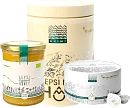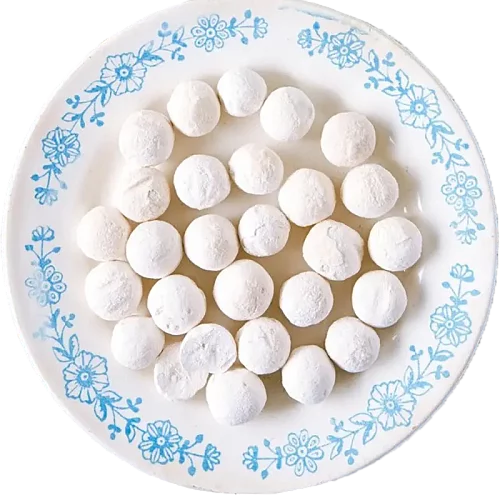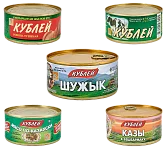The word "kurt" comes from the Turkic adjective "kyry" or "kuru", which means "dry". It is most often prepared from sheep, goat or cow's milk. However, in the south of Kazakhstan, kurt is also made from mare's milk, and in the west - from camel's milk.
Kurt was a universal food for ancient nomads, which did not spoil during long marches across the endless steppes and served as an excellent source of energy. Kurt can be stored for 7-8 years, as it contains a lot of salt, which acts as a natural preservative. It is estimated that in terms of calories and composition, kurt is equivalent to meat, and one ball of kurt with a diameter of two centimeters replaces a two-hundred-gram glass of milk.
Kurt contains a lot of calcium and vitamin A, so it improves vision, promotes human growth, strengthens the immune system and cell renewal, as well as skin rejuvenation. Kurt also contains a lot of vitamin E, which slows down the aging process of cells, enriching the blood with oxygen, and prevents the formation of blood clots. Kurt also contains a lot of vitamin D. Children who suffer from rickets are often given kurt made from goat's milk, because it contains a lot of sialic acid, which strengthens the body's immunity.
The taste is dry, salty, sometimes sweet and sour, very satisfying. Kurt is mainly consumed in its pure form as a snack. It is also often added to the broth, which is the basis for the national dish beshbarmak. Kurt saturates the broth with useful vitamins, microelements and enzymes, makes it more satisfying and gives it a piquant, sour taste. Most importantly, the increased acidity of kurt promotes the breakdown of fats, so it can be used as an ingredient to neutralize fatty foods or a fitness product for weight control.
If you want to buy kurt, you can find it on this link. Also you can find more dairy items on this link and more national cuisine on this link this link.








